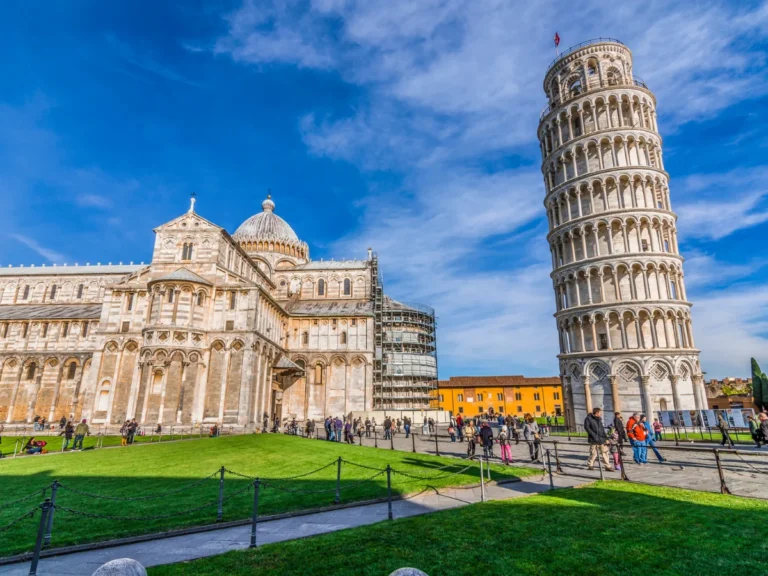Emperor Tiberius was the successor to Augustus
Emperor Tiberius was the successor to Augustus. He ruled with caution and continuity. Despite facing challenges, he maintained stability and upheld Augustus’ policies. Tiberius’ reign established dynastic succession and centralized imperial power. Transitioning from military conquest to governance, he faced criticism and rumors but left a lasting impact on Rome. His withdrawal to Capri in later years sparked intrigue about his intentions. Upon his death, Tiberius was succeeded by Caligula, marking a shift in Roman leadership. Tiberius’ legacy endures as a pivotal figure in the evolution of the Roman Empire, setting the stage for future rulers.

The Emperor Tiberius was the successor to Augustus
Emperor Tiberius: A Complex Reign
Emperor Tiberius ascended to power following the demise of Augustus, despite not being his biological heir. His rule began with skepticism but proved to be a pivotal era in Roman history.
Tiberius and Julia’s Daughter Met a Tragic Fate
Despite his efforts to solidify his dynasty, Tiberius faced personal tragedy when his wife, Julia the Elder, met a sorrowful end, marked by neglect and malnutrition. This event cast a shadow over his reign and deepened his melancholy.
Emperor Tiberius Experienced the Loss of His Brother
Tiberius endured another blow with the loss of his brother, Drusus, a respected military leader. This loss left him more isolated, amplifying the challenges he faced in maintaining stability within the empire.
Emperor Tiberius Relinquished Some Authority to the Senate
In a bold move, Tiberius decentralized power by entrusting certain responsibilities to the Senate. This decision aimed to foster a sense of shared governance and to appease growing discontent among the Roman elite.
Tiberius Imposed Restrictions on Gladiator Games
Recognizing the moral decay associated with gladiatorial spectacles, Tiberius imposed stringent regulations on these blood sports. His efforts aimed to restore dignity to Roman entertainment and curb the excesses of the arena.
Tiberius Issued a Decree Prohibiting Actors from Performing
Seeking to uphold traditional Roman values, Tiberius banned actors from participating in public performances. This decree reflected his conservative stance on morality and cultural preservation.
Tiberius Showed a Keen Interest in the Law
Emperor Tiberius demonstrated a deep interest in legal matters, actively engaging in the administration of justice. His meticulous approach to jurisprudence earned him respect among legal scholars and magistrates.
Emperor Tiberius Faced Accusations Regarding Germanicus’s Death
Tiberius found himself embroiled in scandal when accusations surfaced regarding the death of Germanicus, his nephew and esteemed military commander. These allegations tarnished his reputation and strained familial relations.
Emperor Tiberius Decided to Retire to the Island of Capri
Amidst growing unrest and political intrigue, Tiberius made the controversial decision to retreat to the tranquil shores of Capri. This retreat marked a turning point in his reign, distancing him further from the affairs of state.
Emperor Tiberius Grew Increasingly Suspicious of Plots
Isolated in his island refuge, Tiberius became consumed by paranoia, suspecting plots against his rule. His mistrust deepened, leading to a climate of fear and uncertainty within the imperial court.
Tiberius Met His End Under Enigmatic Circumstances
The death of Tiberius remains shrouded in mystery, with conflicting accounts surrounding his final days. Some attribute his demise to natural causes, while others speculate darker forces at play, adding to the intrigue of his legacy.
Emperor Tiberius’s reign was characterized by a complex interplay of personal tragedy, political maneuvering, and moral reform. His legacy continues to be debated among historians, reflecting the enigmatic nature of his rule in the annals of Roman history.



